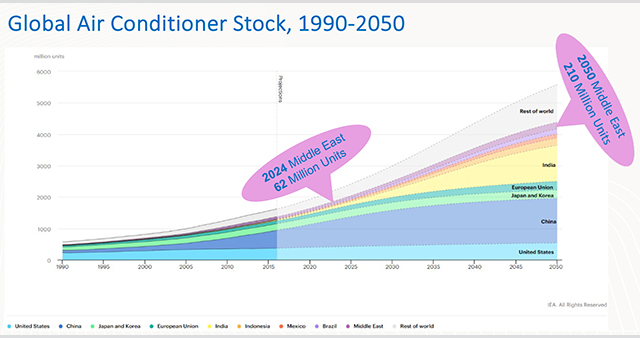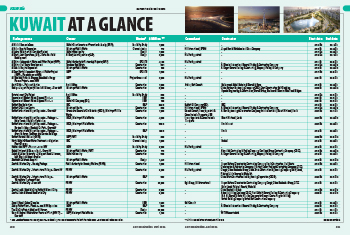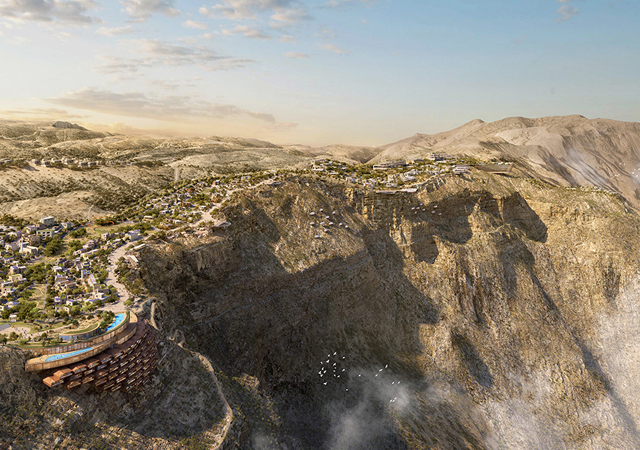
The Kuwait government had awarded more than KD6 billion ($20.7 billion) worth of contracts by the end of August, almost twice as much as last year, making the country’s projects market among the fastest growing in the region, said a report.
With at least KD4.9 billion ($17 billion) in contracts still to be awarded before the year-end, the authorities are hoping that 2014 will prove to be a turning point for Kuwait’s projects market and a springboard for implementation of the country’s recently unveiled 2015-2020 development plan, stated the country’s top lender National Bank of Kuwait (NBK), citing data from Meed Projects.
This year has so far witnessed increased activity in Kuwait’s projects market, the fourth largest in the GCC with a market value of $217 billion (KD62 billion), it stated.
According to NBK, the country’s new five-year plan (now before parliament) – the tactical thrust of the state’s longer-term strategic Emiri vision for 2035 – aims to transform the country into a financial services and commercial hub for the northern Gulf.
In the broadest sense, the objective is sustainability, both fiscal and economic, which should see the country lessen its dependence on oil revenues by diversifying its income streams and broadening and deepening its economic base, it stated.
The investments in infrastructure and human capital as well as a raft of regulatory reforms are envisioned to improve the business environment, attract foreign investment and promote Kuwait’s industrial and services sectors.
According to the plan, the authorities envisage average annual investment spending of KD11.8 billion ($40.7 billion) over the next five years. From this, KD6.3 billion ($21.7 billion) per annum has been earmarked for public investment in a range of strategically important projects, the report added.
These include, among others: The KD4-billion ($13.8 billion) new refinery; KD4.6-billion ($15.8 billion) clean fuels projects, through which the country’s refining capacity will expand and the quality of its refined products improve; and the KD2.3-billion ($7.94 billion) Mubarak Al Kabeer port on Boubyan Island, which aims to solve capacity constraints at the country’s existing ports and meet the projected growth in trade.
Other projects include the KD1.7-billion ($5.8 billion) international airport expansion project and the KD5.6-billion ($19.3 billion) metro project, both of which aim to relieve congestion.





















_0001.jpg)


.jpg)
















.jpg)








.jpg)




